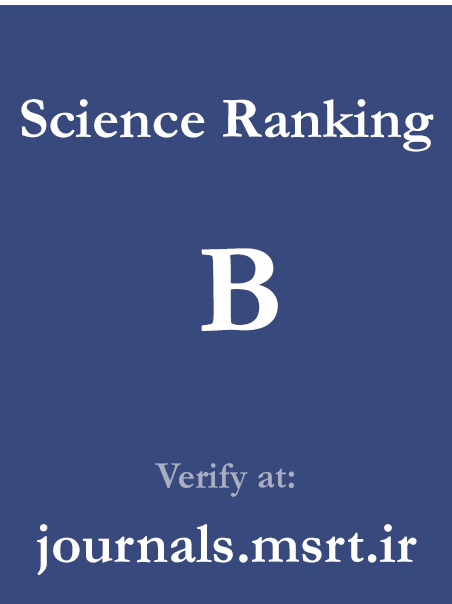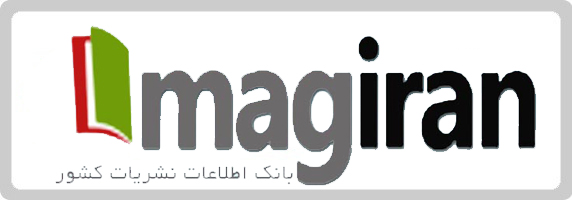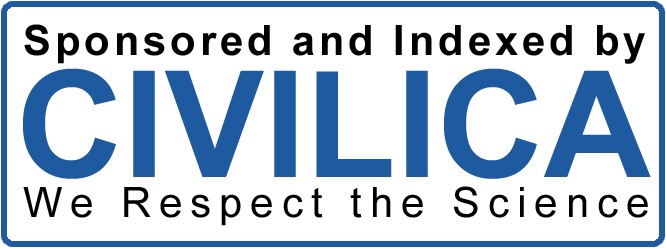Designing a Cooperative Learning Model in Islamic Studies Courses for Lower Secondary School Students in Baghdad: An Emergent Grounded Theory Approach
Keywords:
Cooperative Learning, Lower Secondary School , Educational, Human Resources, EffectivenessAbstract
The purpose of this study is to design a cooperative learning model in Islamic studies courses for lower secondary school students in Baghdad. The research method is applied in terms of objective, qualitative in terms of data type, and based on the emergent grounded theory approach in terms of nature and study type. The target population includes experts in the field of educational sciences. Using purposive sampling of the theoretical type and based on theoretical saturation, 15 experts were selected for interviews. The research tool was a semi-structured interview through which the dimensions, components, and indicators of the cooperative learning model in Islamic studies for lower secondary students were formulated. To develop the interview protocol, in-depth interviews with experts were first conducted. Then, through open coding, indicators were extracted, and via axial coding, the data were categorized into dimensions, components, and indicators. The categorized model was sent to the 15 experts, and through selective coding, interviews, and brainstorming sessions, the dimensions, components, and indicators were identified. As a result, 3 dimensions, 10 components, and 71 indicators were finalized for the cooperative learning model in Islamic studies for lower secondary school students. After final validation and prioritization by experts, the structural dimensions, components, and indicators of the model were outlined, and the proposed model was revalidated by the panel of experts.
Downloads
References
1. Barkley EF, Major CH, Cross KP. Collaborative learning techniques: A handbook for college faculty: John Wiley & Sons; 2020.
2. Jessica T, Lindsay BW. Collaborative learning as constructivist practice: An exploratory qualitative descriptive study of faculty approaches to student group work. OnlineFirst. 2023. doi: 10.1177/14697874231193938.
3. Enwei X, Wei W, Qingxia W. The effectiveness of collaborative problem solving in promoting students' critical thinking: A meta-analysis based on empirical literature. Humanities and Social Sciences Communications. 2023;10(16). doi: 10.1057/s41599-023-01508-1.
4. Mousavi S, Sardari BP. Determining the Effectiveness of the Collaborative Learning Model on Self-Regulated Learning (Self-Management, Interest in Learning, and Self-Control) of Female Students. Scientific Journal of Education and Evaluation. 2019;12(46):65-84.
5. Rezaei Rami F, Salimi L. The Impact of Collaborative Learning on Improving Students' Social Skills. 2023.
6. Hill P, Hood R. Introduction to Religious Scales. Masoud A, Seyed Mehdi Mousavi A, editors: Research Institute of Hawzah and University; 2020.
7. Khorshidi A. Methods and Techniques of Teaching: Nashr Yestron; 2022.
8. Abbasi HR, Mehdinejad V, Shirazi M, editors. The Effectiveness of the Cooperative Learning (Jigsaw) Method on the Academic Performance of Educational Sciences Students Entering Shahid Motahhari Pardis of Farhangian University in Sistan and Baluchestan Province in 20162019.
9. Enayati Novin Far A, Seraji F, Gholamali M. Presenting a Model for Implementing a Virtual Curriculum Based on a Collaborative Learning Approach in Higher Education. Studies in Educational Evaluation and Measurement. 2018;8(23):117-52.
10. Kuwabara M, Einbinder SD, Sun R, Azizi R. Collaborative learning techniques, student learning outcomes, and equal workload within groups in different teaching modalities. International Journal of Teaching and Learning in Higher Education. 2020;32(2):293-304.
11. Stephan M, Antje P, Susanne N. Individual preparation for collaborative learning: Systematic review and synthesis. Educational Psychologist. 2021;56(1):29-53. doi: 10.1080/00461520.2020.1828086.
12. Jarjani A, editor Systematic Review of Studies on Collaborative Learning in StudentsT2 - 9th International Conference on Educational Sciences, Psychology, Counseling, Education and Research, Tehran2024.
13. Gall AJ. Teamwork at school. Reza F, Mohsen H, editors: Nashr Royesh Publications; 2019.
14. Taylor DCM, Hamdy H. Adult learning theories: Implications for learning andteaching in medical education: AMEE. Medical TeacherVL - 35. 2018:1561-72. doi: 10.3109/0142159X.2013.828153.
15. Lavanya P, Sai Soujanya Kumar B, Padmambika P. Collaborative learning and group dynamics in digital environments. International Journal of Social Science and Education Research. 2024;6(2):105-18. doi: 10.33545/26649845.2024.v6.i2b.131.
16. Nasrabadi HA, Noroozi RA. New Educational Strategies in the Third Millennium: Samā Qalam Cultural and Publishing Institute; 2021.
17. Firoozi F, Taleb Z, Shahmohammadi N. Presenting a Cloud Computing-Based Collaborative Learning Model in Higher Education: A Grounded Theory Study. New Educational Approaches. 2021;16(1):21-42.
Downloads
Published
Submitted
Revised
Accepted
Issue
Section
License
Copyright (c) 2025 Mayyadah Rokan Ahmed Al Abbasi, Abbas Khorshidi, Alaamer Abdulrahman Mahmood Al Fadhli , Narges Saeidian Khorasgani (Author)

This work is licensed under a Creative Commons Attribution-NonCommercial 4.0 International License.




